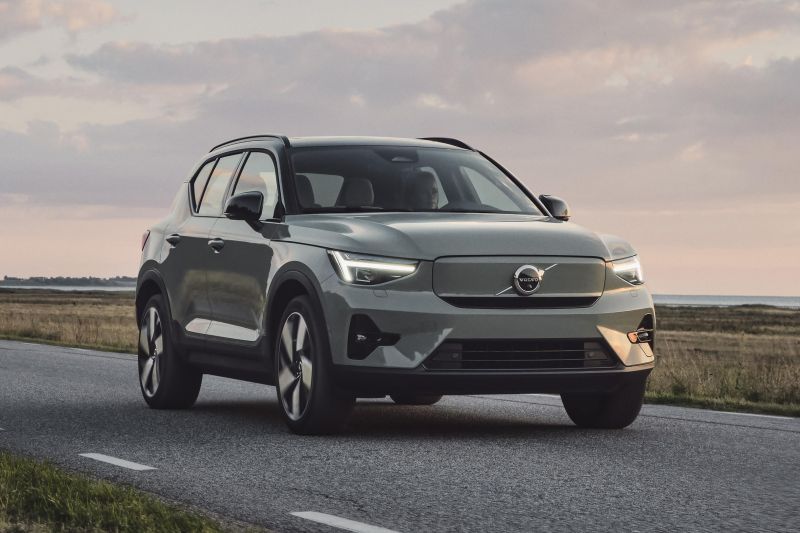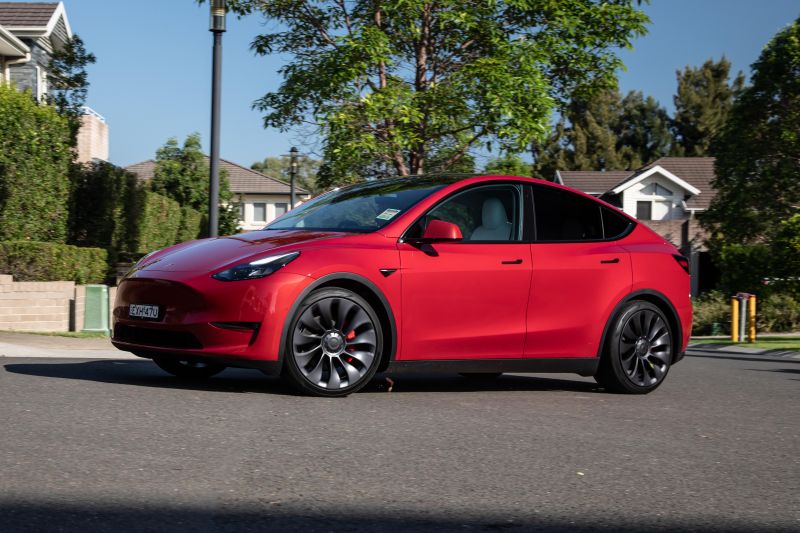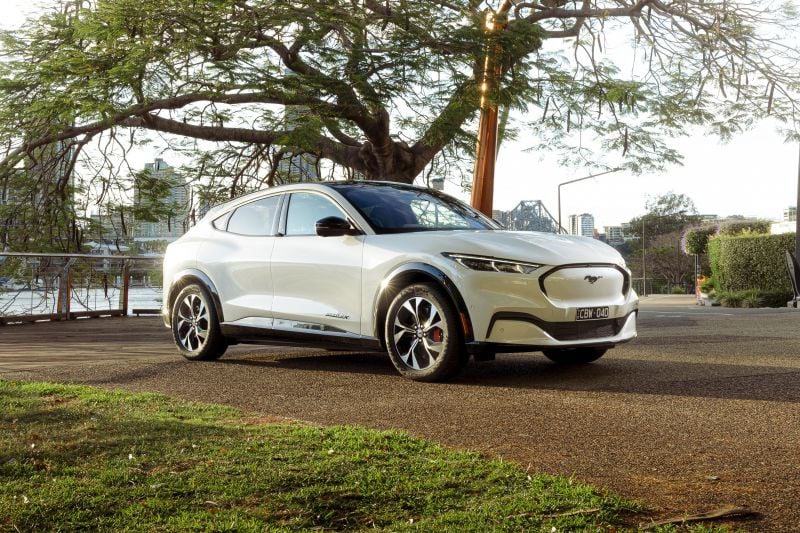It’s a feature that has been ubiquitous for decades, but carmakers are arguing it could end up costing billions to keep it around.
The Center for Automotive Research (CAR) has released a report finding that keeping AM radios in EVs could cost US manufacturers $US3.8 billion (A$5.97bn) by 2030. The report has the support of the US’s largest carmakers.
In May of this year, US senators and representatives introduced a bill to legislate the inclusion of AM radio in new cars, and at the very least force manufacturers to specify if their cars don’t have the technology. The bipartisan bill has yet to pass through both houses of Congress.
The main motivation for retaining AM radio functionality is for safety.
Unique AM radio wavelengths allow the signals to have a longer range while requiring fewer transmission towers to broadcast the signal.
This is useful for broadcasting messages – especially safety alerts – to remote areas with little to no mobile phone reception.
A recent report by the Australian Communications and Media Authority has found that wide-area AM radio coverage still plays a vital role in keeping rural communities informed and safe.
The Center for Automotive Research’s report is primarily concerned at addressing the cost of retaining AM radio in EVs due to the signal interference generated by electric motors.
According to the report, the cumulative cost of retaining the simple but ageing technology would amount to $US3.8 billion (roughly $A6 billion).
An unspecified US manufacturer told the CAR that the additional cost per vehicle would be roughly $A55-80 and labour costs would be roughly $A20-32.
The added cost comes from the excess insulation required to shield AM radio components from interference within the EV. However, the report claims that costs are not as high as expected, as other electrical components also require some form of shielding too.
It’s worth noting that The Center for Automotive Research is an independent group backed by the Alliance for Automotive Innovation (AAI), a lobby group representing nearly every car manufacturer that sells vehicles in the US.
These include the ‘Big 3’ (Ford, General Motors and Stellantis) as well as tech companies such as SiriusXM Connected Vehicle Services.
The proposed legislation has drawn criticism from AAI CEO John Bozzella.
“Yes, legislation can be a blunt instrument, and the AM for Every Vehicle Act is a bipartisan solution searching for a problem. It’s just not necessary,” Mr Bozzella said.
“Mandating audio features in a vehicle isn’t necessary. Congress hasn’t ever gone this route, especially in a competitive environment with so many choices – many of them free.”
Currently, MG, Polestar, Tesla, Volvo and some Volkswagen Group models are among the brands that sell vehicles in Australia without AM radio.
Ford announced in April 2023 it would drop AM radio from some vehicles in the US, but reversed course just a month later.
Its Australian arm made no such announcement of dropping the technology.
“We appreciate the importance of AM radio and will continue to offer it on all vehicles arriving to Australia in 2023, including our first all-electric vehicles the Mustang Mach-E and E-Transit,” a Ford Australia spokesperson told CarExpert in June.
“Going forward we will continue to offer a variety of ways for customers to listen to AM radio content.”



